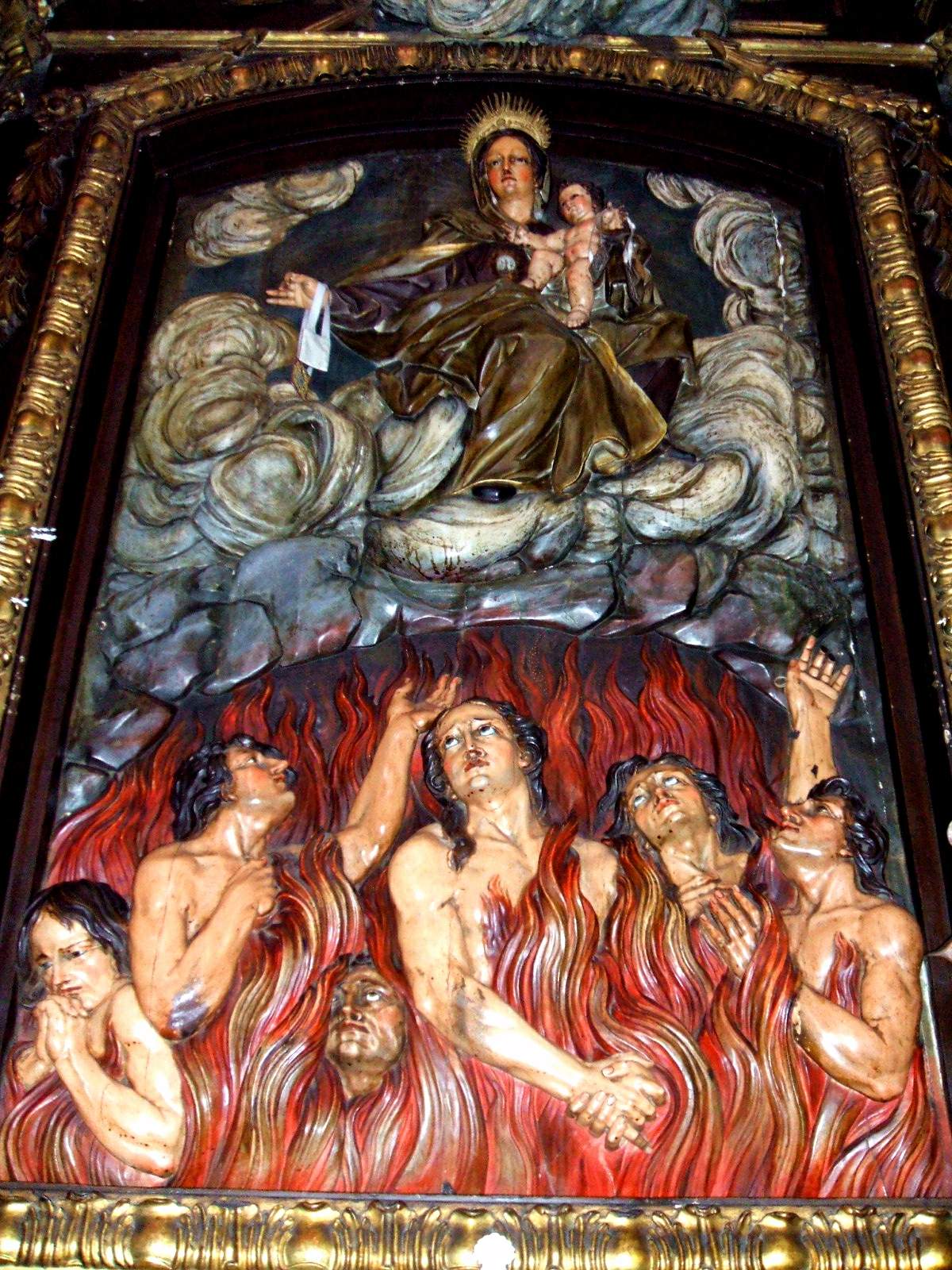Purgatory Bar Salt Lake City UT - A Name To Ponder
When you hear "Purgatory Bar Salt Lake City UT," it just might spark a moment of thought, wouldn't you say? The word "purgatory" itself brings up quite a few ideas for many folks, and it's interesting to consider what might come to mind when a place takes on such a name. For a lot of people, the term is something they've heard in passing, perhaps from stories or general talk, and it carries a certain weight, a kind of conceptual space that feels, well, pretty unique.
So, you know, the idea of purgatory, as described in some teachings, points to a state or a place where, as the catechism explains, souls go to make up for sins that haven't been forgiven yet, and to get clean, sort of. It's a concept that's been around for a good while, and it often comes up when people think about what happens after life here on Earth. This notion, in some respects, presents a kind of middle ground, a spot between two other very different destinations, offering a pathway for purification before a soul reaches its final dwelling place. This particular understanding is a cornerstone of certain religious frameworks, shaping how many perceive the journey of the spirit after physical life ends.
That said, it's almost a common thing for people to wonder about these kinds of places, isn't it? Like, some folks might think there are three main spots a person could end up after death. You might hear someone say, "I thought there were three places a person could go at death," and then add, "I knew I wasn't good enough for heaven or bad enough for hell," which really captures that feeling of being somewhere in between. This sentiment, you know, speaks to a deeply human desire for a nuanced outcome, a destination for those who don't fit neatly into categories of absolute good or absolute bad. So, naming a place "Purgatory Bar" in Salt Lake City, Utah, certainly invites a person to think about what that name could mean, or what feelings it might bring
Article Recommendations



Detail Author:
- Name : Lori Kuphal
- Username : stehr.dalton
- Email : icie55@bins.com
- Birthdate : 1985-06-20
- Address : 27987 Isai Forks Apt. 911 Leannonbury, OH 07240-8336
- Phone : 539-768-3389
- Company : Mosciski PLC
- Job : Personal Service Worker
- Bio : Molestiae omnis autem numquam. Quasi modi officia et error non vitae alias corporis. Reiciendis aut porro excepturi. Veniam laboriosam id illum est harum.
Socials
instagram:
- url : https://instagram.com/hpagac
- username : hpagac
- bio : Similique est voluptates et dolor aut quia. Ut totam minus aut repudiandae quam.
- followers : 5193
- following : 1715
twitter:
- url : https://twitter.com/harvey.pagac
- username : harvey.pagac
- bio : Ut autem perspiciatis quo ab. Voluptatem repellendus optio temporibus ex voluptatibus minus neque.
- followers : 6257
- following : 1224
facebook:
- url : https://facebook.com/harvey_pagac
- username : harvey_pagac
- bio : Quidem nemo eos ad similique. Ab libero eum qui. Et et quaerat facilis iure.
- followers : 4545
- following : 1350